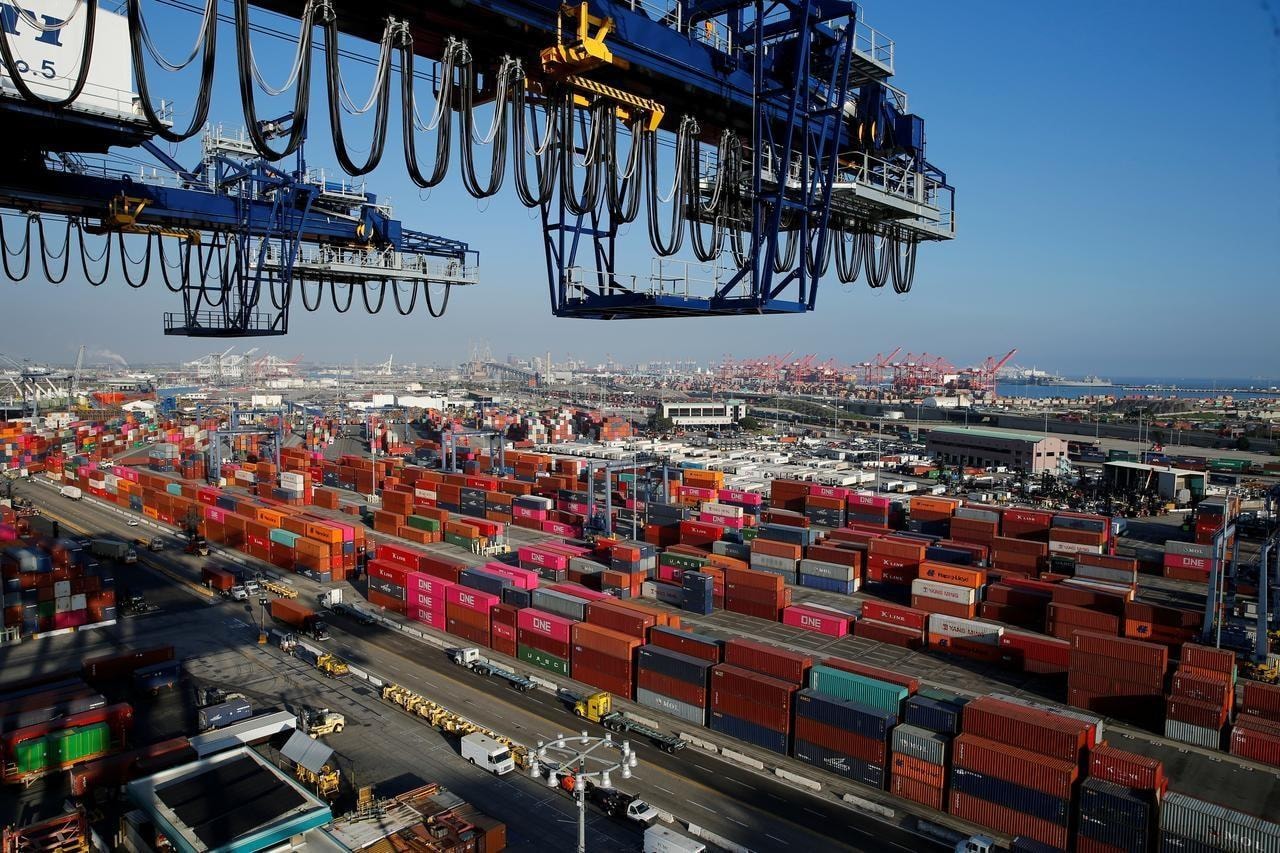Pakistan, Uzbekistan negotiations on PTA to be completed in two months: BOI secretary
- Mazhar says feedback from businesses is very positive
Negotiations relating to the Preferential Trade Agreement (PTA) between Pakistan and Uzbekistan will be completed in two months, said Secretary Board of Investment, Fareena Mazhar, as the two sides seek to bolster bilateral trade and investment relations.
Talking to the media during the business forum in Tashkent on Thursday, Mazhar said there is already consensus between the two sides on important matters. “The feedback from our businesses is very positive, and we see bilateral co-operations in a number of areas,” she said.
She informed that the business community is enthusiastic particularly on the Trans Afghan railway, which will connect Pakistan and Uzbekistan via Afghanistan.
Peace in Afghanistan crucial for regional connectivity: PM Imran
The BOI secretary said that Pakistan’s ports would attract Uzbek businesses, as the landlocked country eyes to enhance its exports and trade through Pakistan’s ports.
Meanwhile, Adviser on Commerce Abdul Razak Dawood in his address at the business forum said Pakistan and Uzbekistan will sign a PTA to bolster trade and economic relations.
Dawood said a new era of cooperation between Pakistan and Uzbekistan will start through the PTA, banking system, and improvement in customs. He said Pakistani businessmen have come up with a plan for investment in Uzbekistan.
Pakistan, Uzbekistan can expand bilateral cooperation with mutual effort: Qureshi
Earlier, the sixth meeting of the Uzbek-Pakistani Intergovernmental Commission on Trade-Economic and Scientific-Technical Cooperation was held. The meeting was co-chaired by Sardor Umurzakov, Deputy Prime Minister – Minister of Investments and Foreign Trade Uzbekistan, and Dawood.
During the meeting, both parties recognised the importance of closer collaboration for post-Covid recovery in order to sustainably recover through technology, innovation, and economic partnership, aiming at increased economic diversification, sustainable growth, building supply chain resilience, and robust regulatory environments.

























Comments
Comments are closed.